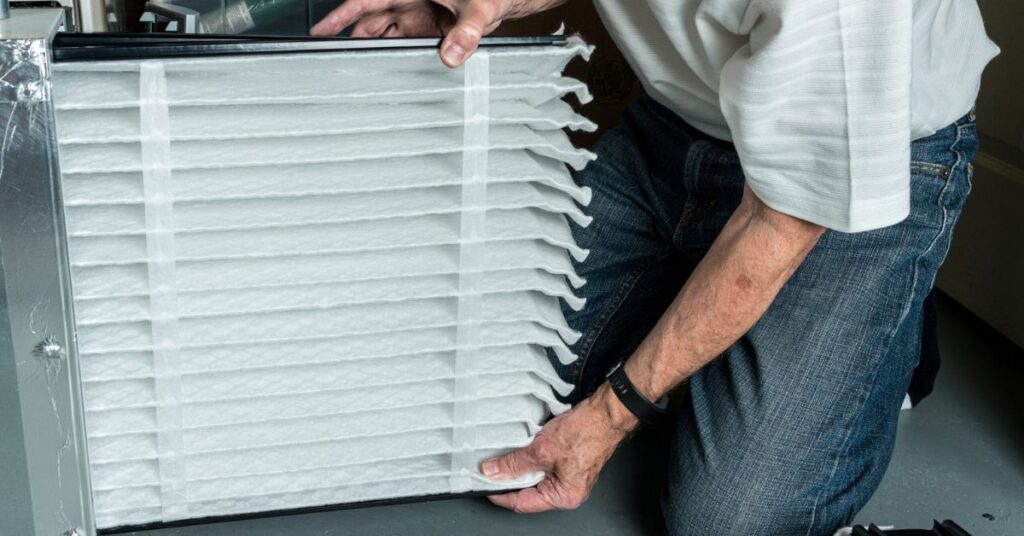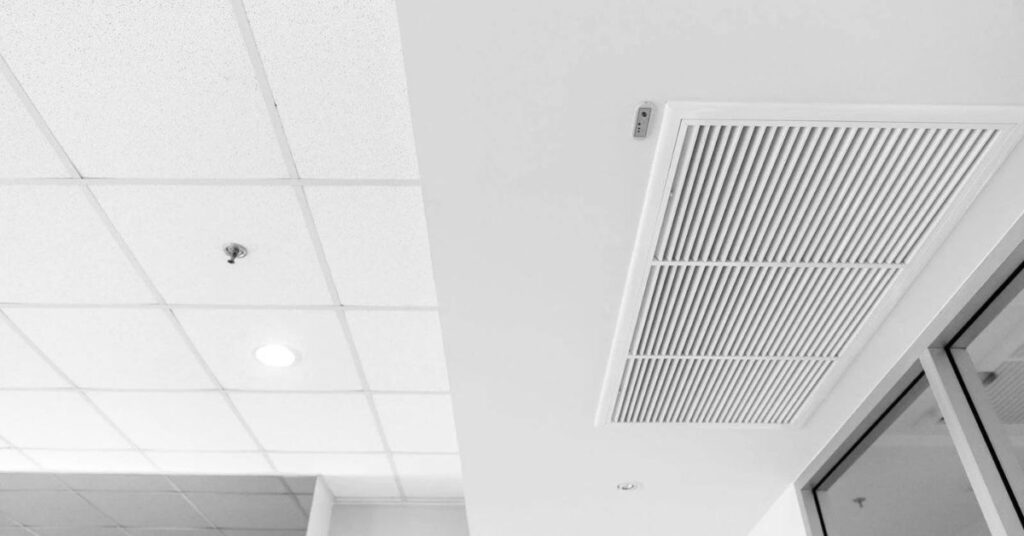Your HVAC system plays a crucial role in maintaining comfort and air quality in your home. However, to ensure optimal performance and efficiency, regular maintenance is essential. One key aspect of HVAC maintenance is replacing the air filter. But how often to replace HVAC filter? In this comprehensive guide, we’ll answer this question and provide valuable insights into HVAC filter replacement frequency.
Why Are HVAC Filters Important?
HVAC filters serve to trap dust, pollen, pet dander, and other airborne particles, preventing them from circulating throughout your home. This not only maintains indoor air quality but also protects your HVAC system from damage caused by debris buildup.
How Often to Replace HVAC Filter?
The frequency of HVAC filter replacement depends on several factors, including the type of filter, usage patterns, indoor air quality, and manufacturer recommendations. While individual circumstances may vary, here are some general guidelines to help you determine when it’s time to replace your HVAC filter:
Standard Filters (Fiberglass)
Typically, standard fiberglass filters should be replaced every 30 to 60 days. However, it’s essential to inspect the filter monthly and replace it sooner if it appears dirty or clogged. Homes with pets, smokers, or allergy sufferers may require more frequent replacements due to increased airborne particles.
Pleated Filters
Pleated filters offer better filtration and typically last longer than standard fiberglass filters, averaging around 90 days. Nevertheless, regular inspection is crucial to ensure optimal performance. If the filter looks dirty or airflow is reduced, replace it promptly.
HEPA Filters
High-efficiency particulate air (HEPA) filters provide the highest level of filtration and have the longest lifespan, ranging from six months to a year. Despite their durability, it’s still essential to check HEPA filters periodically for dirt buildup. Replace the filter if it appears excessively dirty or if indoor air quality issues arise.
It’s worth noting that these are general recommendations, and your specific circumstances may warrant more frequent filter replacements. Factors such as constant HVAC system operation, high levels of indoor air pollutants, or extreme weather conditions can accelerate filter deterioration.
Factors Influencing Replacement Frequency
Several factors influence how often you should replace your HVAC filter:
- Filter Type: Filters come in various types, including fiberglass, pleated, and high-efficiency particulate air (HEPA) filters. Each type has different lifespans, with pleated and HEPA filters typically lasting longer than fiberglass ones.
- Usage: The frequency of HVAC system use affects filter lifespan. Homes with constant HVAC operation or high levels of indoor air pollutants may require more frequent filter replacements.
- Indoor Air Quality: If you have pets, smokers, or suffer from allergies, your HVAC filter may become clogged more quickly due to increased airborne particles.
- Manufacturer Recommendations: Refer to your HVAC system’s user manual or manufacturer’s guidelines for specific recommendations on filter replacement frequency.
Signs It’s Time to Replace Your HVAC Filter
Even if it hasn’t been the full recommended timeframe, certain signs indicate it’s time to replace your HVAC filter:
- Visible Dirt and Debris: If the filter appears visibly dirty or clogged, it’s time for a replacement.
- Decreased Airflow: A clogged filter restricts airflow, making your HVAC system work harder and less efficiently.
- Increased Allergy Symptoms: If you notice an uptick in allergy symptoms or indoor air quality issues, a dirty filter could be to blame.
Read More: Do You Need A Permit for HVAC Replacement?
Conclusion
Regularly replacing your HVAC filter is essential for maintaining indoor air quality, prolonging your system’s lifespan, and optimizing energy efficiency. By understanding the factors influencing replacement frequency and following general guidelines, you can ensure your HVAC system operates smoothly year-round.


